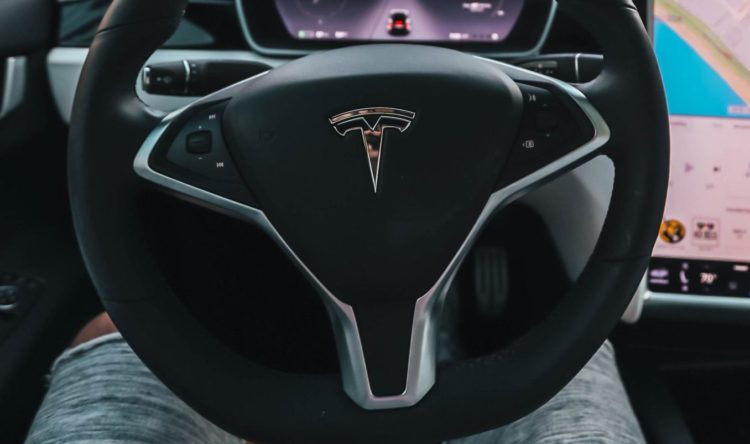EV manufacturing reprieve
Delay to EU/Brexit tariff announced
Both the government and the motor manufacturing industry is breathing a sigh of relief today.
An eleventh-hour deal has been struck between the UK and the EU that will postpone ‘rules of origin’. This is a Brexit agreed condition of the imposition of tariffs on electric vehicles (EVs) which was due to come into force in January.
A three-year delay has now been proposed to the trading arrangement by the European Commission.
And breath
The Society of Motor Manufacturers and Traders (SMMT) had warned that battery electric vehicles (BEVs) made in the EU could be hit with a £3,400 tax hike when sold in the UK if new rules of origin were implemented in January. What’s more, vehicles made in the UK would have seen the tariff added to all those vehicles, and this would have no doubt hindered sales massively. It was at risk of putting the UK motor manufacturing industry and all supporting services and business in jeopardy too.
The UK-EU Trade and Cooperation Agreement (TCA) had temporarily exempted electric vehicles (EVs). Rules intended to come into force next year said products must be substantially made in Britain or the bloc to qualify for the EU’s zero tariff, zero quota regime. EV batteries make up most of the quota, so if these could not be supplied by the UK or EU, added tariffs would have been very difficult to avoid.
Teetering
The SMMT said extending the rules for three years would avoid a tariff cliff-edge in just 26 days’ time. This allows the UK and EU automotive industries to continue to sell EVs into each other’s markets without penalty.
SMMT, alongside its EU counterparts, has warned consistently of the threat tougher locally sourced content requirements would pose to the industry on both sides of the Channel, if applied from 2024.
In particular, Chinese made EVs which are already beginning to flood the market at lower prices would have taken a leading position.
While the industry has invested billions in EV production both in the UK and EU, local battery supply needs more time to expand to meet demand.
Planned rules would have seen a 10% tariff added, pushing up prices for consumers. It would have rendered both UK and EU manufacturers uncompetitive in each other’s markets.
Green planet
In turn, it would have severely undermined the transition to zero emission mobility. This would send the wrong message to consumers about commitments to cutting pollution and emissions. However, the amendment needs to be agreed by the UK government and the EU commission.
Mike Hawes, SMMT chief executive, said: “Adopting the Commission’s proposal would be a pragmatic solution, safeguarding the future of the EU and UK automotive industries, supporting motorists, the economy and the environment.
“Such an extension would avoid damaging tariffs on the very vehicles we need consumers to buy, allow UK and EU manufacturers to compete with the rest of the world and, crucially, give the European battery industry time to catch up.
“Above all, voting for the proposal will enable us all to cut carbon emissions while supporting growth and jobs across the entire EV supply chain. We urge every party to get behind it.”
The postponement will be voted on by 27 member states next week.






